Control Techniques: Management for Top Stressors in Life
Explore effective control techniques to manage life's top stressors, enhancing your well-being and resilience.

Introduction to Control Techniques for Managing Top Stressors in Life
In today's fast-paced world, stress has become an inevitable aspect of life. However, not all stress is bad; it can sometimes push us to meet deadlines and achieve goals. Yet, when stress becomes overwhelming, it necessitates effective management to maintain mental and physical health. This blog delves into various control techniques designed to manage the top stressors effectively, ensuring that you can lead a balanced and healthy lifestyle.
We'll explore a range of strategies, from cognitive-behavioral approaches to lifestyle adjustments, that can help mitigate the impact of stress. Understanding these control techniques not only aids in managing stress more effectively but also enhances overall well-being, preparing you to face life's challenges with resilience and poise.
Understanding Top Stressors in Life and Effective Management Techniques
Identifying and understanding the top stressors in life is the first step toward effective stress management. Common stressors include job insecurity, relationship difficulties, health problems, and financial worries. Each of these areas can significantly impact an individual’s emotional and physical health, but fortunately, there are proven management techniques to handle them effectively.

Here's a breakdown of common stressors and the management techniques that can effectively mitigate their impact:
Job-Related Stress
- Time Management: Improve your efficiency by planning and prioritizing tasks.
- Goal Setting: Set realistic objectives and break them down into manageable steps.
- Support Systems: Seek advice and support from colleagues or mentors.
Relationship Stress
- Communication: Foster open and honest discussions to address issues.
- Counseling: Consider professional help to guide and mend strained relationships.
- Personal Space: Allow time apart to nurture individual growth and perspectives.
Health-Related Stress
- Regular Exercise: Engage in physical activities to boost your mood and health.
- Balanced Diet: Eat nutritious foods that support overall well-being.
- Medical Compliance: Follow through with treatments and check-ups as recommended by health professionals.
Financial Stress
- Budgeting: Create and stick to a budget to manage and track spending.
- Expense Reduction: Cut back on non-essential expenditures.
- Financial Advice: Consult with a financial advisor for strategies to improve your financial situation.
General Stress Management Techniques
- Mindfulness Meditation: Practice mindfulness to enhance focus and reduce stress responses.
- Physical Activity: Regular exercise can reduce symptoms of depression and anxiety.
- Social Support: Maintain a robust support network to share burdens and decrease loneliness.
By understanding these specific stressors and applying targeted management techniques, you can better navigate the challenges of daily life, leading to improved mental health and a more balanced lifestyle. These strategies not only address immediate concerns but also equip you with the tools to build resilience against future stressors.
Control Techniques: How to Identify When It's Best to Ask for Help
Recognizing when to ask for help is a critical skill in stress and life management, especially when using control techniques to manage top stressors. It's essential to be aware of the signs that indicate when a situation is beyond your personal coping abilities. Here are some indicators that it might be time to seek assistance:
- Overwhelming Emotions: If you find yourself frequently feeling overwhelmed, anxious, or unusually sad, it may be time to seek help. These emotions, particularly if they feel uncontrollable, can signify that the stressors are too much to handle alone.
- Physical Symptoms: Chronic stress can manifest physically, leading to symptoms like headaches, muscle tension, stomach problems, or other unexplained ailments. If these symptoms persist, it’s wise to consult a professional.
- Decrease in Performance: Noticing a significant drop in your work or academic performance can be a sign that external pressures are affecting your ability to function effectively.
- Relationship Strain: If your stress is starting to affect your relationships with family, friends, or coworkers, reaching out for help can provide strategies to manage stress without damaging important connections.
- Reliance on Unhealthy Coping Mechanisms: Turning to substances like alcohol, drugs, or unhealthy eating habits as coping mechanisms is a red flag that professional guidance might be needed.
Identifying these signs early and seeking help can prevent the situation from worsening and lead to more effective management of your stressors.
Which of the Following Is True About Stress? Myths and Facts
Stress is a common experience for many people, but there are numerous misconceptions about its causes, effects, and management. Understanding what is true and what is a myth can help you handle stress more effectively.

Here are some common myths and facts about stress:
Myth: Stress Is Always Bad for You
Stress is not always harmful. Short-term (acute) stress can boost cognitive function and improve performance in tasks and challenges. It's the long-term (chronic) stress that is detrimental to health, potentially leading to serious health issues like heart disease, depression, and a weakened immune system.
Myth: Stress Is the Same for Everyone
Stress is highly subjective; what might be stressful for one person may not affect another in the same way. Individuals react differently to stress based on their personalities, life experiences, and emotional resilience.
Myth: Stress Is Only Caused by Negative Events
While it's true that negative events such as losing a job or going through a divorce can cause stress, positive events like getting married or starting a new job can also produce stress. It's the change and uncertainty, not always the nature of the event, that triggers stress responses.
Myth: No Symptoms, No Stress
Just because you don't have symptoms doesn't mean you aren't experiencing stress. People can become so accustomed to being stressed that they don't recognize their own symptoms, which can range from insomnia and changes in appetite to more subtle signs like irritability and difficulty concentrating.
Myth: Stress Management Is Time-Consuming
Managing stress doesn't have to involve a huge time commitment. Simple, quick activities like deep breathing exercises, taking a walk, or enjoying a favorite song can be very effective in reducing stress in the moment.
Myth: I Must Do It All Myself
Believing that you must manage stress by yourself can actually increase stress. Seeking help, whether through social support or professional assistance, is a sign of strength and can be incredibly beneficial in managing stress effectively.
In Which Situation Is It Best to Ask for Help: Guidelines and Tips
Asking for help is a strength, not a weakness. Knowing when it’s appropriate to ask for help is key to managing stress effectively.

Here are guidelines and tips for understanding the best times to seek assistance:
- Complex Problems: If the issue at hand is complex and affects various aspects of your life (such as legal troubles or chronic health issues), it’s best to seek specialized advice or support.
- Safety Concerns: Any situation that poses a threat to your safety or the safety of others requires immediate professional intervention. This includes mental health crises where harm might be a risk.
- Exhausted Resources: If you have tried multiple strategies to manage a problem and still see no improvement, reaching out for help can provide new solutions and perspectives.
- Decision Paralysis: When faced with a decision that feels impossible to make, consulting with others can help clarify your thoughts and lead to a sound choice.
- Maintenance of Well-being: Proactively asking for help to maintain mental, emotional, and physical well-being is wise, especially during major life changes like pregnancy, starting a new job, or undergoing a significant transition.
Anger Management Worksheet: Tools and Techniques for Better Control
Managing anger effectively is crucial for maintaining healthy personal and professional relationships, as well as for overall mental well-being. Anger management worksheets are valuable tools designed to help individuals identify their anger triggers, understand their typical responses, and develop strategies to handle anger more constructively. These worksheets often include exercises that prompt reflection on past incidents to better understand and modify future reactions.
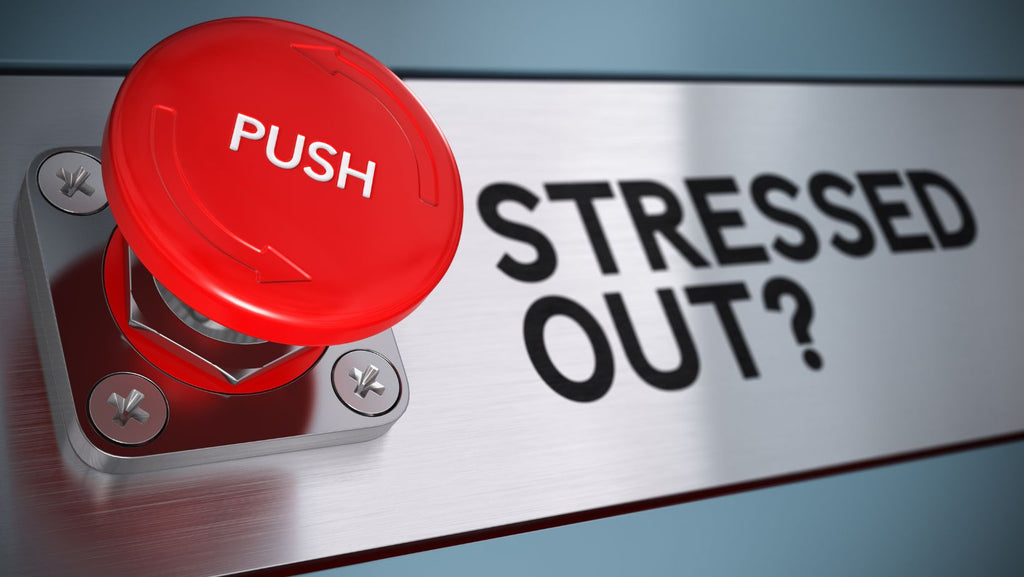
Effectiveness of anger management techniques can vary widely, but they all share the goal of helping you respond to anger in a healthy, controlled manner. Here are several effective methods and tools that can be used:
- Identify Triggers: Recognize situations or interactions that typically ignite anger.
- Develop Awareness: Note the physical signs of anger, like clenching your fists or feeling your face get hot.
- Practice Deep Breathing: Use breath control to calm down before responding.
- Use 'I' Statements: Communicate feelings and needs without blaming others by using statements that start with "I."
- Take a Timeout: If you feel your anger escalating, pause the situation by stepping away until you cool down.
- Seek Alternative Solutions: Instead of focusing on what made you angry, look for different solutions to the problem.
- Reflect on the Consequences: Consider the possible outcomes of displaying anger versus responding calmly.
These techniques help in not only managing the immediate responses to anger but also in developing long-term strategies for emotional regulation.
|
Technique |
Description |
When to Use |
|
Identify Triggers |
Recognizing what sparks your anger |
Before and after anger episodes |
|
Develop Awareness |
Noting physical and emotional signs |
As anger arises |
|
Practice Deep Breathing |
Breathing exercises to regain calm |
During moments of rising anger |
|
Use 'I' Statements |
Communicate feelings constructively |
During conflicts to express yourself |
|
Take a Timeout |
Stepping away to prevent escalation |
When feeling overwhelmed by anger |
|
Seek Alternative Solutions |
Finding different problem-solving approaches |
When facing recurring triggers |
|
Reflect on the Consequences |
Considering outcomes of different responses |
Before deciding how to react |
Developing Skills with Control Techniques for Everyday Stress Management
Everyday stress management is crucial for maintaining a balanced lifestyle and preventing burnout. One of the fundamental skills in managing daily stress involves mastering time management techniques to efficiently navigate through day-to-day tasks without feeling overwhelmed.
Additionally, learning to identify and modify negative thinking patterns through cognitive restructuring can significantly reduce emotional reactions to everyday stressors. These mental shifts are complemented by physical relaxation techniques such as deep breathing exercises and guided meditations, which help soothe the nervous system and lower cortisol levels, the stress hormone that can affect overall health.
Another valuable skill set includes emotional resilience training, where individuals learn to respond to stress with flexibility rather than rigidity. Techniques like mindfulness, which encourages living in the moment and accepting feelings without judgment, can be particularly effective.
For those struggling with insomnia or chronic stress, establishing a consistent bedtime routine and using relaxation strategies before sleep can help combat the issue of "why can't I sleep even when though I'm tired." These skills not only help manage day-to-day stress but also improve long-term well-being by promoting healthier responses to stress.
Exploring Management Techniques for Common and Uncommon Stressors
Stress management requires a diverse range of techniques to handle both common and uncommon stressors effectively. Common stressors, such as job demands and family dynamics, can often be managed through proactive communication and effective prioritization. Implementing daily practices like setting boundaries and scheduling regular breaks can significantly alleviate work-related stress.
On the other hand, uncommon stressors, which might include unexpected life events or emergency situations, demand more adaptive and sometimes creative problem-solving skills. Techniques such as seeking external support from mentors or counselors, and practicing scenario-based planning to prepare for potential crises, are critical.
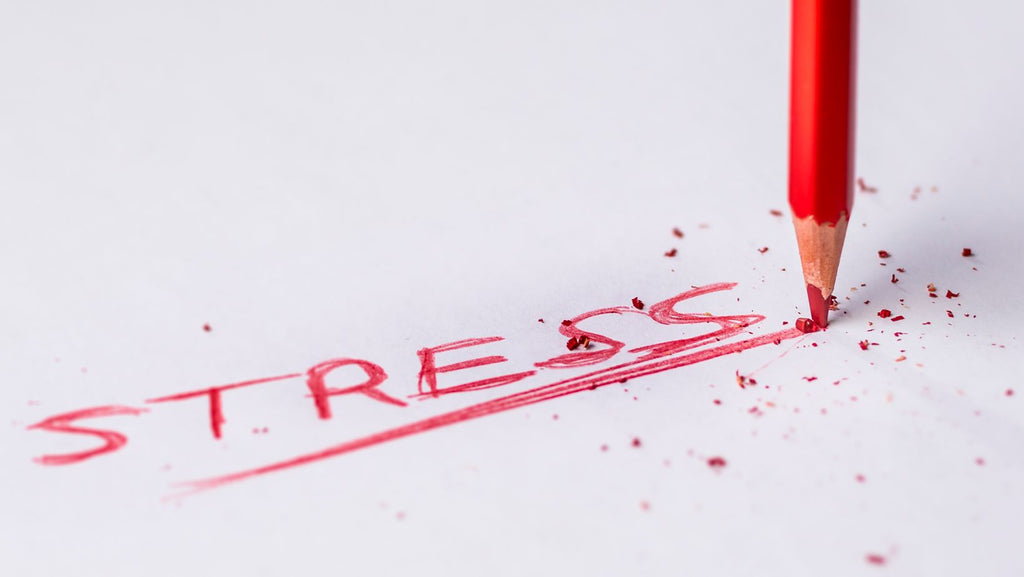
For both types of stressors, maintaining physical health is essential, as a healthy body can better cope with stress. Regular physical activity not only keeps the body healthy but also regulates cortisol levels, enhancing the body's ability to deal with stress. Additionally, maintaining a network of support and regularly updating skills through workshops or training can provide new strategies for managing both new and familiar challenges.
Integrating Stress Relief Products: Enhancing Your Stress Management Strategy
In the quest to manage daily stress effectively, incorporating specific stress relief products can play a significant role in enhancing your overall strategy. Products like stress gummies, stress balls, stress relief drops, weighted blankets, and essential oil diffusers are designed to provide both immediate and lasting relief from stress.
Each of these products offers a unique set of benefits that can help soothe your mind and body, allowing you to maintain composure and resilience in the face of daily pressures.
- Stress Gummies: These are chewable supplements that often contain natural ingredients like ashwagandha, L-theanine, or CBD, which are known for their calming effects. Stress gummies can be a convenient way to manage anxiety on the go, providing a discreet method to support relaxation during a busy day.
- Stress Balls: Squeezing a stress ball can significantly alleviate physical tension and stress. The repetitive action of compressing a soft object helps to release muscle tension and improve focus, making stress balls a simple yet effective tool for instant stress relief.
- Stress Relief Drops: These are liquid extracts that can be placed under the tongue or added to beverages. They typically include herbal ingredients known for their sedative properties, such as valerian root or passionflower, helping to calm the mind quickly and efficiently.
- Weighted Blankets: These blankets provide deep pressure stimulation, similar to a firm hug, which can help reduce cortisol levels and increase serotonin in the body, promoting relaxation and better sleep. They are particularly useful for individuals with insomnia or those who experience anxiety.
- Essential Oil Diffusers: Aromatherapy using essential oils like lavender, chamomile, or sandalwood can significantly affect mood by reducing stress and enhancing sleep quality. Diffusing essential oils creates a calming environment, ideal for relaxation and stress reduction.
Incorporating these products into your stress management regimen can provide holistic benefits:
- Immediate Relief: Products like stress balls and stress relief drops offer quick relief in high-tension scenarios.
- Long-term Benefits: Regular use of stress gummies, weighted blankets, and essential oil diffusers can contribute to an overall reduction in stress levels over time.
- Versatility: These products can be used in various settings, whether at home, in the office, or while traveling, providing flexibility in managing stress.
Practical Applications of Control Techniques in Daily Scenarios
Applying control techniques in daily scenarios starts with recognizing the early signs of stress and taking proactive steps to address it. For example, if an impending deadline is causing anxiety, breaking the task into manageable segments and focusing on completing one segment at a time can help alleviate stress.
Similarly, if personal commitments are overwhelming, using a calendar to visually organize and prioritize these commitments can provide a clearer path forward. Regularly incorporating short mindfulness exercises throughout the day can also help maintain a calm and focused state of mind, enhancing overall productivity and well-being.

In more complex scenarios, such as navigating a difficult conversation at work or handling a family crisis, employing specific conflict resolution strategies and emotional regulation techniques can prevent escalation. Practicing empathy, active listening, and maintaining open communication channels can transform potentially stressful situations into opportunities for positive outcomes.
Moreover, regular reflection on past stress-inducing events and evaluating the effectiveness of the techniques used can provide valuable insights for future stress management. This continuous application and evaluation help refine control techniques, making them more effective over time.
Conclusion: Mastering Management Techniques for a Stress-Free Life
Achieving mastery over stress management techniques is an ongoing process that enhances life quality and promotes a sense of personal empowerment. It begins with a commitment to self-improvement and a willingness to experiment with various strategies to discover what effectively mitigates stress in different aspects of life.
Over time, these strategies become ingrained habits that significantly reduce the impact of stress. Importantly, mastering these techniques does not imply never feeling stressed but rather managing it so adeptly that it no longer overwhelms or dictates one's emotional state.
As individuals become adept at managing their stress, they often experience deeper, more restorative sleep, an improvement in personal relationships, and a greater ability to enjoy life's pleasures. The key to sustaining these benefits is regular practice and a proactive attitude towards stress management. By continuing to adapt and apply effective management strategies, a stress-free life becomes not just a possibility but a reality.
FAQs
What are the quickest ways to reduce stress in the moment?
Quick stress reduction can be achieved through deep breathing exercises, listening to calming music, or stepping outside for a few minutes to get fresh air.
Can stress have positive effects?
Yes, stress can have positive effects, known as eustress, which motivates individuals, enhances focus, and improves overall performance in tasks and challenges.
How does stress affect the immune system?
Chronic stress can weaken the immune system, making it more difficult to fight off infections and recover from illnesses.
What are the best foods to eat for reducing stress?
Foods that can help reduce stress include those rich in omega-3 fatty acids, like salmon and flaxseeds, as well as magnesium-rich foods like spinach and bananas.
How does exercise help with stress management?
Exercise helps manage stress by releasing endorphins, improving mood, and diverting the mind from stressful thoughts through physical activity.
Is meditation effective for stress management?
Yes, meditation is highly effective for stress management as it enhances mindfulness, reduces symptoms of anxiety and depression, and improves overall emotional resilience.
What role does sleep play in stress management?
Sleep plays a crucial role in stress management by allowing the body and mind to recover, improving cognitive function, and reducing the levels of stress hormones.
Can journaling help manage stress?
Yes, journaling can be a therapeutic activity that helps manage stress by allowing individuals to express their feelings, reflect on their day, and identify stressors.


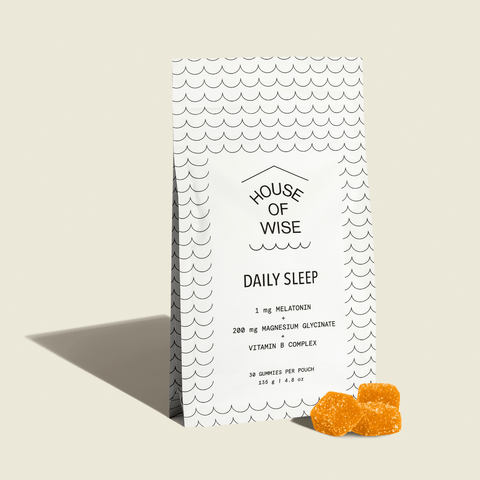
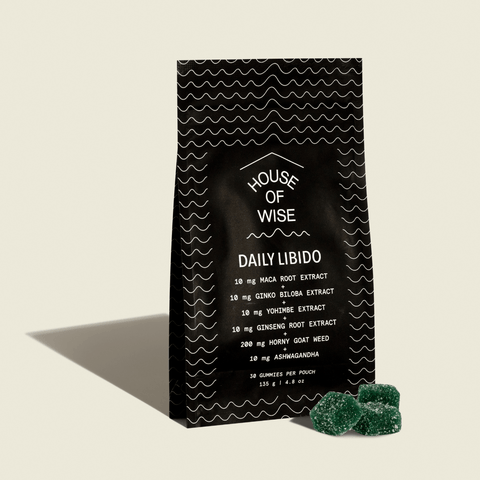
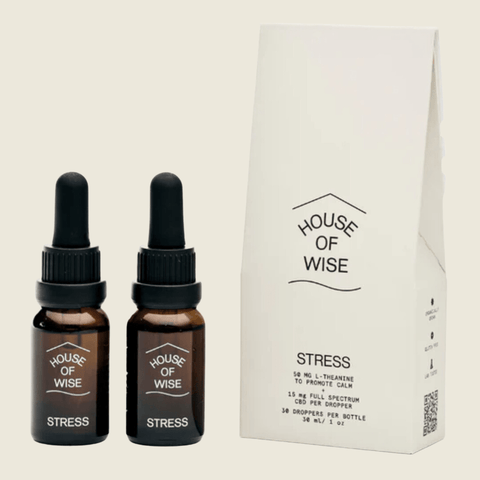
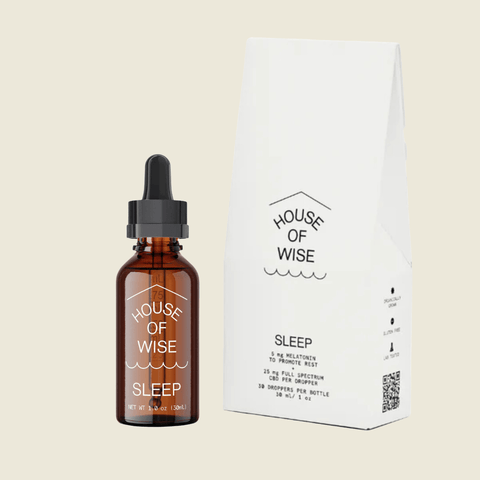





Comments (0)
There are no comments for this article. Be the first one to leave a message!